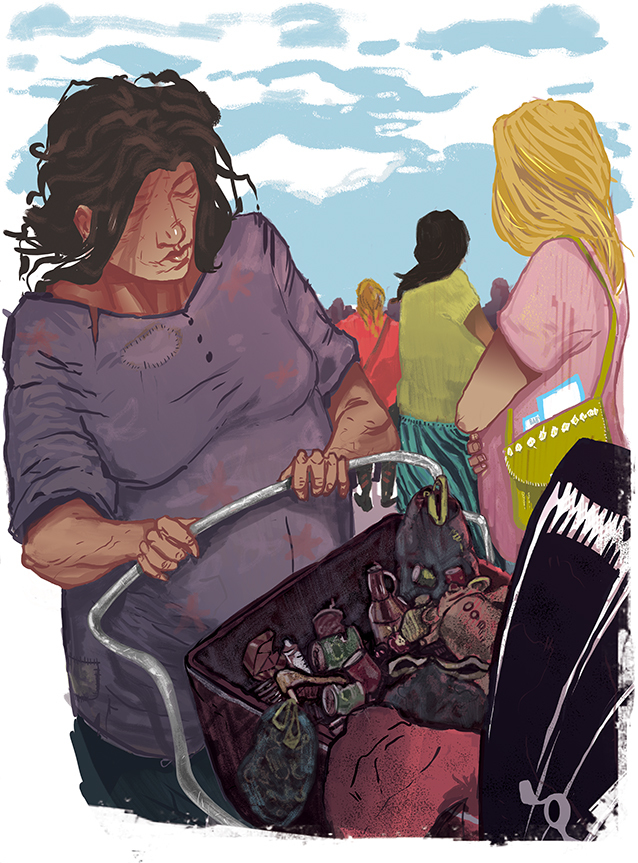September 2, 2016
YWCA’s Pregnancy Pathways program will serve as an entry point for services and supportive housing for an estimated 100 pregnant homeless women in Edmonton
For most women living in Edmonton, expecting a baby means some of the most extensive medical examinations they’ve ever experienced. Ultrasounds, blood tests and regular doctor visits are the norm even for healthy, uncomplicated pregnancies. Near the end of her term, a pregnant woman may see a doctor on a weekly or even daily basis. Women are screened for mental health issues, and asked about their family situations. Referrals to counsellors or nutritionists are commonplace.
But for pregnant women living on the streets, that level of care seems out of reach. Many homeless women will not seek out any prenatal care, says David Berger, who is coordinating a new initiative called Pregnancy Pathways.
“Homeless women living with addictions are afraid to seek help because they are worried their baby will be apprehended by social services,” he says. “It becomes a ‘Catch 22’. They need support. They need help. But vulnerable women are afraid to reach out.”
In his eight years as former deputy Executive Director of Boyle Street Community Services, Berger saw many homeless people who had experienced childhood trauma or family instability. He describes an intergenerational cycle of lost parenting and life skills, resulting in self-medication and further dysfunction.

“You know what’s going to happen when you have a child, because that’s the only thing you were exposed to,” he says. “As a society, we have to find ways out of this toxic cycle.”
The people behind Pregnancy Pathways want to do just that. The co-chairs are Dr. John Lilley, a retired physician and Linda McConnan, the former executive director at the Stollery Children’s Hospital. This new initiative, spearheaded by a large coalition of healthcare providers and social service agencies, is designed to reach women who deliver babies without prenatal care in Edmonton each year.
Its main goal is to provide them with integrated housing, medical and support programs.
About 25 organizations are involved in this collaboration, including departments of large institutional players such as Alberta Health Services and professors from the Faculty of Medicine & Dentistry and Faculty of Nursing at the University of Alberta.
Grants from Edmonton Community Foundation (ECF) and the City of Edmonton provided the first dedicated staff member for Pregnancy Pathways, enabling the working group to hire Berger as the project co-ordinator. The coalition had already completed the initial research and planning, says Craig Stumpf-Allen, Director of Grants and Community Engagement for ECF. But the group couldn’t get off the ground without a dedicated individual managing the program.
“When you have that many organizations that have identified a need, it’s pretty clear that someone needs to take action,” Stumpf-Allen says.
Working through the YWCA, Berger has already begun his work as the project co-ordinator. Although Pregnancy Pathways is not up and running yet, he’s currently talking with social and private sector housing providers to sketch out possibilities for a small pilot location.
One scenario includes operating a dedicated apartment building. Berger envisions space for 10 to 12 pregnant women, with room for support staff such as a social worker and den mothers. Residents will be linked to programs such as medical care, counselling, parenting and life skills coaching.
These additional resources can mean the difference between separating a mother and child or helping to build a successful family, Berger says.
While he realizes the ideal is not always possible, keeping mothers and babies together can have a transformative effect on both generations.
“There are many vulnerable women who, with some help, can hold on to their babies. It can be a big part of assisting them toward a path of stability.”
If you, or someone you know, would like to access or find more information about the services Pregnancy Pathways offers, contact Nancy Peekeekoot, Wellness Coordinator at 780 249 7002 or by email at npeekeekoot@bmhc.net.